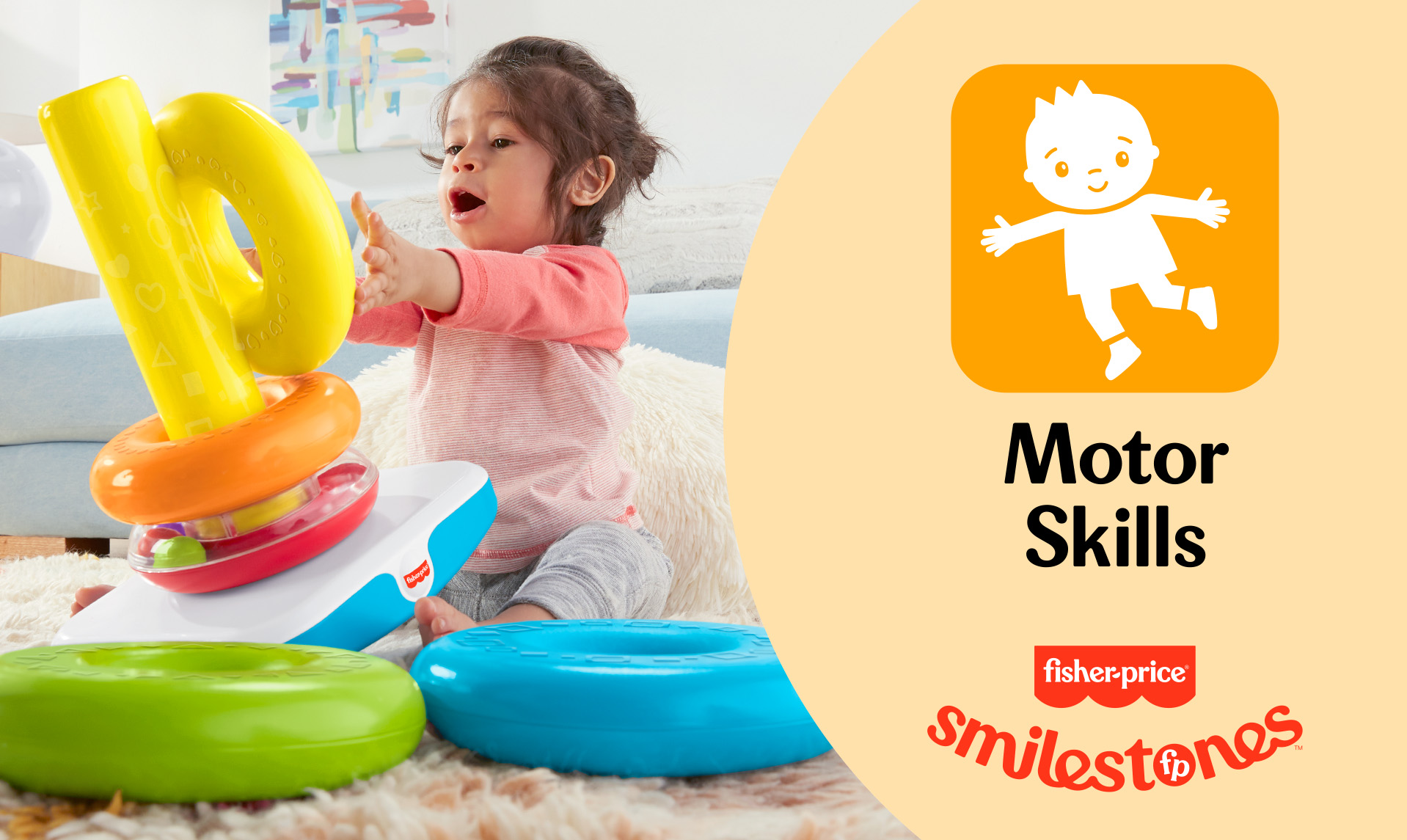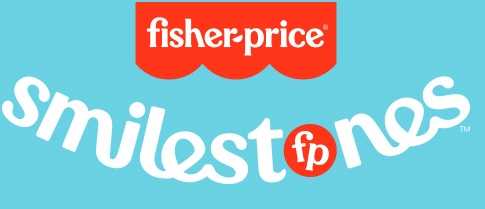Big Moves for Your Toddler: Physical Skills Beyond Walking
July 27, 2023

Now that your toddler has hit their stride with walking, you might be wondering what physical skills come next – and how you can help keep them moving in the right direction.
From running to climbing stairs to throwing & kicking a ball, there’s plenty of things your little one’s body still needs to learn. And there are lots of ways you can help coach them. But don’t worry, there’s no reason to grab a whistle and start running sports drills in the backyard. At this age, simply getting them up & moving is the best gameplan.
Below you’ll find some info and techniques I’ve picked up through my work as a child development expert (and mom). Hopefully it helps arm you with some tips as your tot finds their footing.

What are gross motor skills and why are they important?
Gross motor skills (AKA physical skills) involve movements using large muscle groups like arms, legs, feet, and torso. And developing these bigger muscles is a big deal for things like balance & coordination, strength, body awareness, and even confidence.
Kids learn so much through movement, and gross motor skills are a big part of their overall development. The work they put in during the baby years (lifting their head, rolling over, crawling) to set the foundation for all the big moves to come (walking, running, jumping and more).

How to keep building physical skills: the basics
There are lots of fun and simple activities you can do with your child to help develop gross motor skills. Giving your little one the opportunity to work on these big body movement skills is the best way for them to eventually master them.

1. Go for walks.
Whether it’s a stroll around the neighborhood or a hike through a park, there’s no better (or easier) way to get their little legs moving.

2. Take the stairs.
Allow them to climb steps when possible (with your guidance). It will take practice – and patience – but eventually they’ll reach the stair summit.

3. Play active games.
Hopscotch, tag, hide-and-seek – anything that gets them moving! And bring out a ball to really kick up the fun.

4. Go to the playground.
Swings can help develop balance and get their legs moving back and forth. Ladders and bridges help work core muscles. And slides, well, they’re just fun😉
Surprising moves
Here are some unexpected ways to get them moving.


Skill development timelines
One of the most important lessons I’ve learned as a child development expert (and mom) is that every child moves at their own pace – literally. The below is just meant to give you some general timelines for when you might see certain skills show up.
CLIMBING STAIRS

12 to 24 months Walks up and down the stairs holding onto caregiver hand and railings

18 to 24 months Might only need stability on one side rather than both sides of them

12 to 30 months Walks up & down stairs one step at a time (one foot will go on the step, then second foot will be placed on the same step)

24 to 36 months Begins alternating feet as they go up and down steps

RUNNING

14 to 18 months Hurried walk is considered running

18 to 24 months Runs fairly well

34 to 36 months Runs on toes

36 months and up Runs and changes direction without stopping

KICKING

15 to 18 months Runs into a ball in order to kick it

18 to 24 months Stands in front of a ball and kicks forward

30 to 36 months Takes a 2-step running start to kick a ball forward

36 months and up Kicks a ball as it is rolled towards them

SCOOTING

12 to 18 months Sits on ride-on and scoots backwards

18 to 24 months Sits on ride-on and scoots forward, uses steering wheel




Parent check-in
How are you feeling? Excited to see what your toddler’s next moves will be?
Just remember that this age is about practice – not perfection. They might have their own stair-climbing technique or a unique way of skipping or an adorably silly run, and that’s okay!
So, while it’s important to keep them moving, it’s also equally important to stop and enjoy where they are right now.
Gentle reminder: If you ever have concerns about your child’s development, trust your gut and reach out to your pediatrician.”

Bringing a smile to milestones.
Say hello to happier parenting. We’re here to help you celebrate the little victories, let go of expectations, and pick up more positivity. Because after more than 90 years of helping families, we’ve learned that development happens naturally when fun leads the way.
Learn More





































